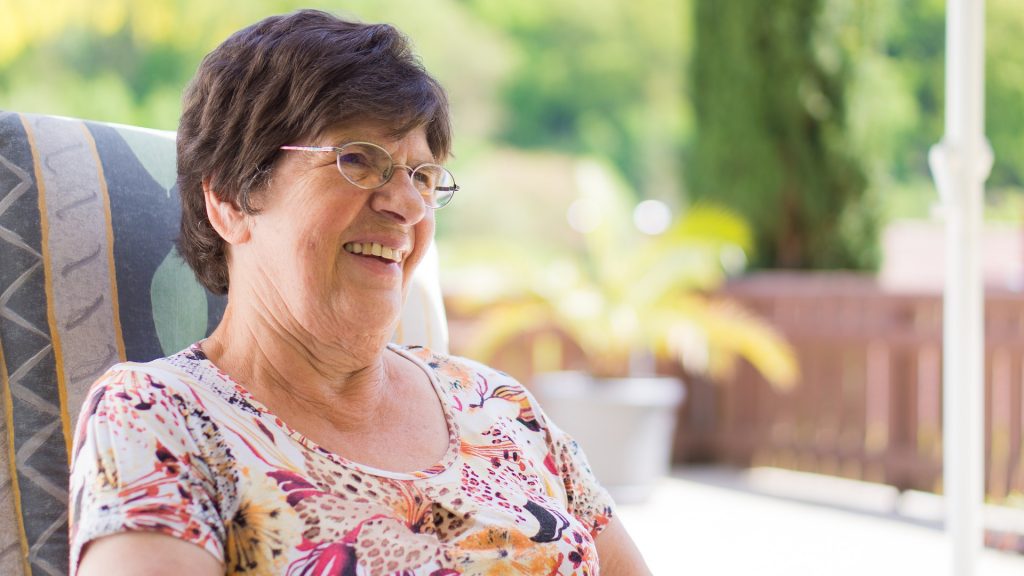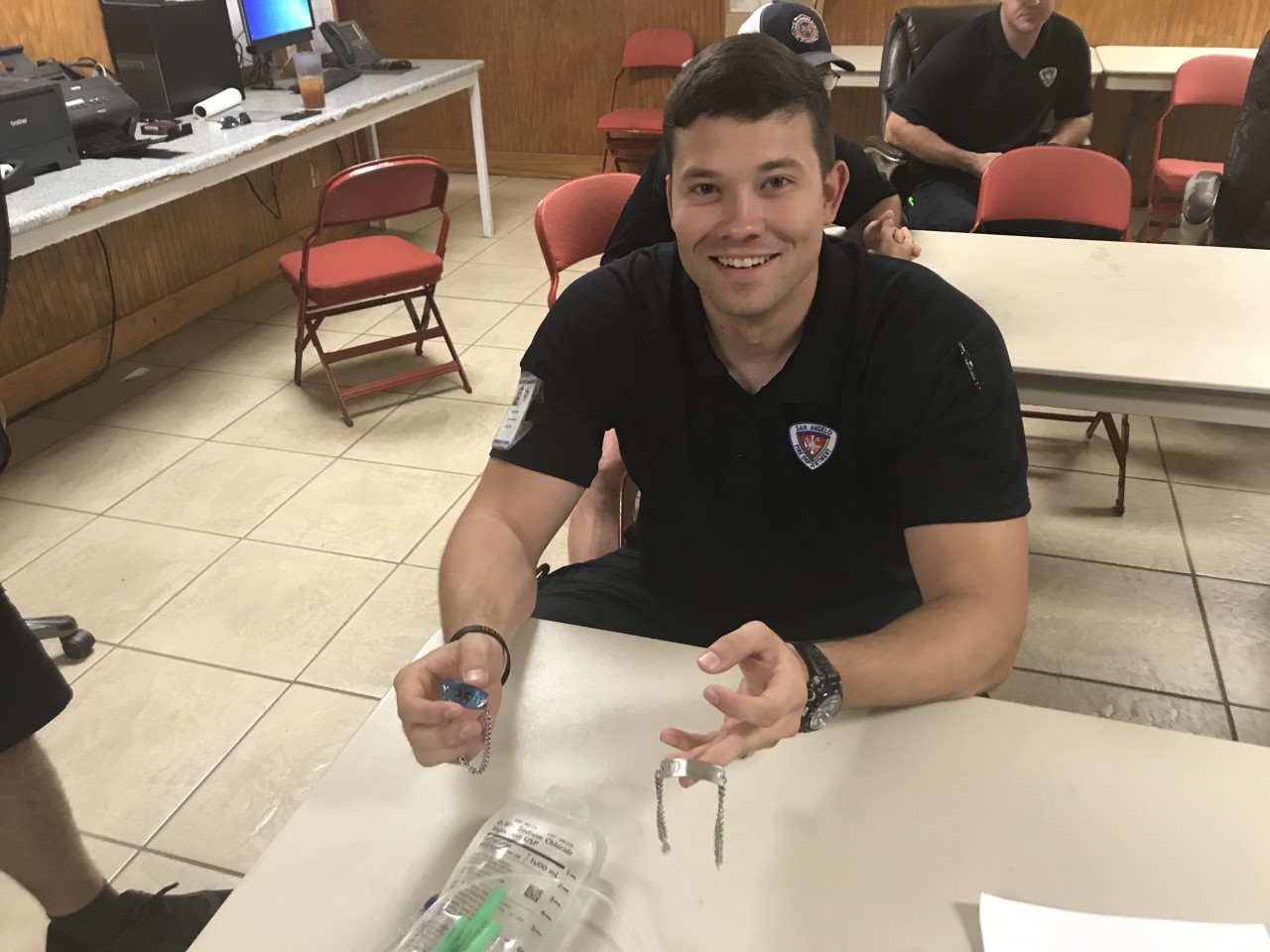Managing shortness of breath when you have COPD can be difficult. Luckily, you can minimize and prevent the frequency and severity of shortness of breath episodes by making a few lifestyle changes combined with proper treatment.
You may be already taking rescue medications and using oxygen therapy to help relieve symptoms of shortness of breath. However, there are many other things you can do to prevent shortness of breath. Let’s take a look at some preventive steps you can take right now to reduce future episodes of shortness of breath.
Wash Your Hands More Frequently
One of the most significant steps you — and your loved ones — can take to prevent you from becoming short of breath is to practice regular hand washing.
Why is washing your hands frequently necessary when you have COPD? Washing your hands helps to prevent the spread of infection-causing germs. For example, by washing your hands you are reducing your risk of developing a respiratory infection, which in turn will keep your lungs healthier and breathing easier.
Cut the Bad Foods and Add the Health Foods
Another way to prevent shortness of breath is by eating a healthy diet.
For example, there are many herbs and spices which you can flavor your foods to help strengthen your respiratory system. Some herbs contain antioxidants and other plant compounds which help strengthen and tone the tissues of your respiratory tract. Herbs and spices may help to ward off potential infections and keep your air passages clear.
Which herbs should you add to your diet? Oregano, thyme, cayenne, garlic, onions, and rosemary.
There are many people with COPD who are underweight or eat poorly due to their lack of energy. Rather than drinking supplements, whole milk or ice which are often mucus forming, consider drinking a yogurt-based smoothie instead with a teaspoon of flaxseed oil to each smoothie. Flaxseed oil has moistening, and anti-inflammatory properties which may help in reducing inflammation diminishes irritation and lessens the urge to cough.
Stay Hydrated With Water
Keeping yourself hydrated will help your mucus membranes to stay hydrated and healthy. Drinking liquids, like water, may help to prevent infection, reduces coughing episodes and thins mucus.
If you’re looking for something hot to drink, opt for hot teas like green or ginger. And if you wish to sweeten your tea, you can add some honey to help reduce your sensitivity to airborne allergens. Honey is an excellent alternative to sugar because it is soothing and helps to fight off harmful bacteria.
While drinking water and tea can help to keep your mucus membranes and respiratory tract healthy, what should you do if you experience a shortness of breath episode?
If you notice the first signs of shortness of breath have a cup of black coffee. Why coffee? Well, coffee contains natural compounds similar to epinephrine. The natural compounds in coffee may help to open up tight air passages and make breathing easier.
Take Your Medications Properly
There is a wide variety of COPD medications which are used to help prevent and treat difficult breathing. Some popular COPD treatment options include:
- Oxygen therapy. Oxygen therapy is a widely prescribed therapeutic agent for those with COPD. If the level of oxygen in your system is too low and shortness of breath is present, oxygen therapy may provide prompt relief.
- Diuretics. Commonly called as “water pills,” diuretics work by removing the excess fluid from your body’s tissues. Diuretics for COPD work on relieving the fluid buildup from the cardiovascular and circulatory systems, which in turn will help you breathe more naturally.
- Corticosteroids. These steroid medications help reduce the inflammation of your air passages, allowing you to breathe easier. There are many people with COPD who take corticosteroids on a regular basis. Also, higher doses may be used during periods of infectious illness and difficulty breathing.
- Bronchodilators. Many medications taken by using inhalers or nebulizer machines are bronchodilators. Bronchodilators are used as a conventional long-term medication as well as for rescue treatments to open up tight, constricted airways. Bronchodilators help relax the air passages and allow you to take deeper breaths.
Do Your Best to Make Healthy Lifestyle Changes
Because COPD is a chronic health condition, it is important that you do your best to live a healthy lifestyle. How you live affects how well you breathe and the quality of your life. Here are a few lifestyle adjustments you can make today:
- Don’t smoke. It is imperative that you do not smoke and avoid smoky environments. If you do smoke, there are many programs and tools available to make quitting smoking
- Get your flu shot every year. While getting your flu shot every year is a great start, you can also discuss with your physician about other immunizations, like the pneumonia vaccine, which they recommend you to get to help protect your lungs from potential viral respiratory infections.
- Always be prepared for emergencies. Creating a COPD action plan can save your life. Your action plan should include clear, actionable steps to take when your COPD symptoms are worsening. You can work alongside your physician to create a COPD action plan specific to you. Also, let family members know where your medical information and rescue medications are located, in case an emergency arises.
- Practice breathing exercises. Breathing exercises help to strengthen the lungs, helps you get more air into your lungs and is an excellent strategy when you’re feeling short of breath. Examples of breathing exercises for COPD include the pursed-lip, deep breathing, belly breathing are just a few to name.
By adding these strategies for shortness of breath and your lung health, you may find that you’re experiencing less shortness of breath, and possibly even more energy.
Author Bio:

NewLifeOutlook aims to empower people living with chronic mental and physical health conditions, encouraging them to embrace a positive outlook despite unfortunate circumstances. Their articles are full of practical advice from people who have firsthand experience of COPD.





